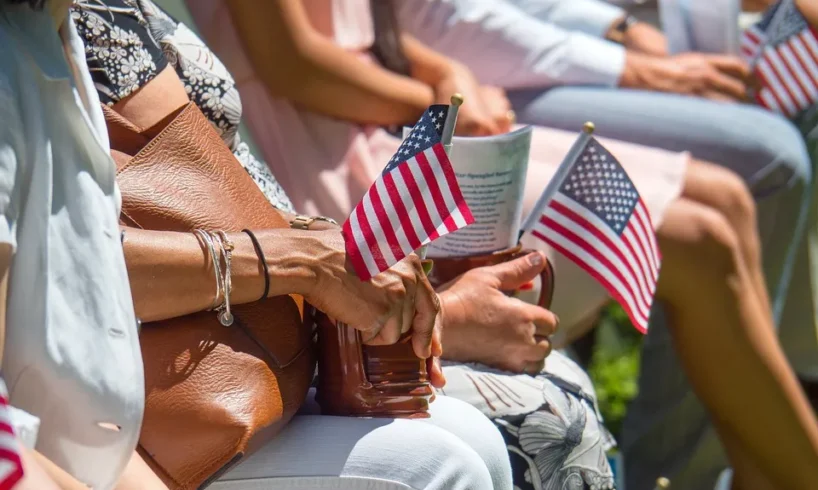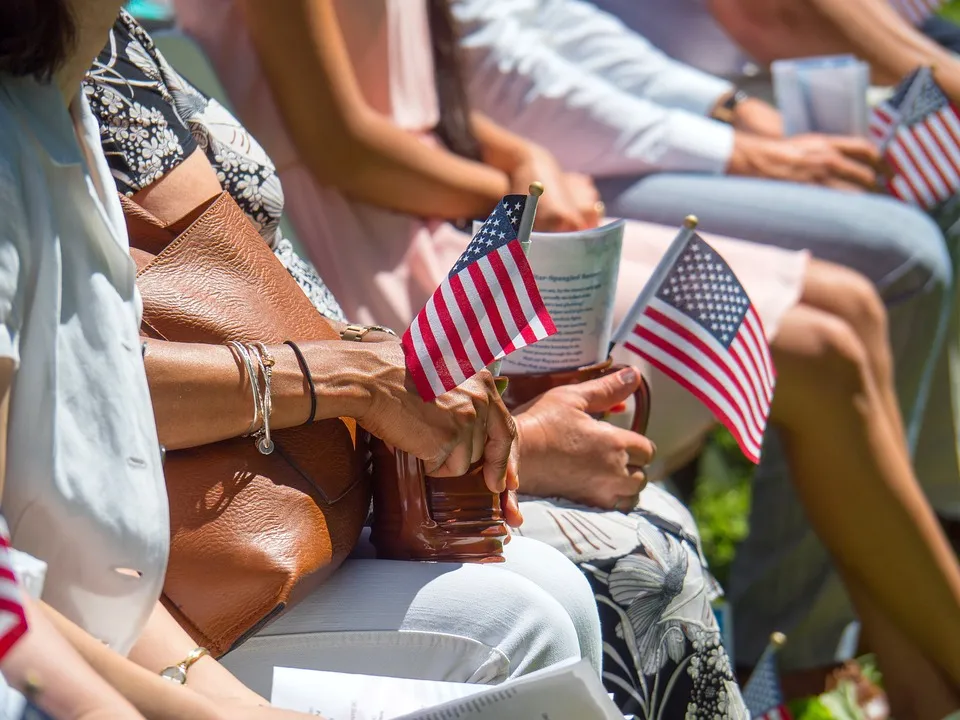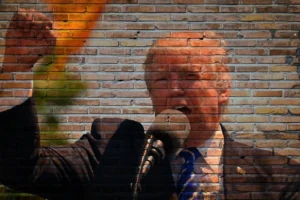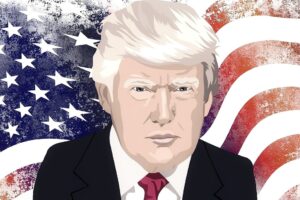
In a historic shift that has caught national attention, the Navajo Nation demonstrated its political muscle in the 2024 elections, significantly departing from its traditional Democratic leanings. Once a reliably Democratic stronghold, the Navajo Nation’s electorate swung notably toward the Republican Party, driven by pressing local issues and a call for change. This shift underscores the growing influence of Native American voters and their potential to sway election outcomes in the United States.
A Turning Point in the Navajo Nation
The 2024 elections have proven to be a watershed moment for the Navajo Nation, which spans parts of Arizona, Utah, and New Mexico. Historically, the Navajo people have aligned with the Democratic Party, drawn by its emphasis on social welfare programs and tribal sovereignty. However, this year saw a noticeable tilt toward Republican candidates, challenging long-held political affiliations.
This political pivot is attributed to various factors, including economic concerns, healthcare access, and education. Local leaders and community members have expressed dissatisfaction with the status quo, seeking new solutions to longstanding issues. “We are looking for leaders who will prioritize our needs and deliver results,” said Navajo Nation Council Delegate Amber Crotty. The sentiment reflects a broader desire for practical solutions over partisan loyalty.
Economic Concerns Drive Voter Behavior
Economic challenges have become a central concern for Navajo voters. The nation faces high unemployment rates and limited economic opportunities, exacerbated by the pandemic’s lingering effects. Many residents believe the Democratic Party has failed to adequately address these issues, prompting some to explore Republican alternatives promising economic revitalization.
Republican candidates have capitalized on these concerns by emphasizing job creation, resource development, and investment in local infrastructure. “Our community needs opportunities to thrive, not just survive,” stated James Singer, a Republican candidate who gained significant support in the region. This message resonated with voters seeking tangible improvements in their quality of life.

Healthcare and Education: Key Issues on the Ballot
Healthcare and education have also shaped the Navajo Nation’s voting patterns. Access to healthcare remains a critical issue, with many residents facing long travel distances to receive care. The Republican focus on decentralizing healthcare and promoting private-sector involvement has appealed to some voters frustrated by bureaucratic inefficiencies.
Similarly, education has been a contentious point, with calls for increased funding and resources for Navajo schools. The GOP’s advocacy for school choice and local control has attracted support from parents eager for more educational options for their children. “Our kids deserve the best possible education, and that means having choices,” said Marlene Tsosie, a Navajo mother of three. Her statement echoes a growing sentiment for educational reform within the community.
Expert Insights on the Shift
Political analysts have quickly noted the implications of this shift in the Navajo Nation. The movement toward the Republican Party signals a broader trend of Native American voters exercising their political agency in new ways. Experts suggest this could influence future election strategies, encouraging both major parties to engage more deeply with Native communities.
“This is a wake-up call for political parties to address the needs of Native American voters genuinely,” commented Dr. Sarah Deer, an Indigenous legal scholar. Her analysis points to the necessity of meaningful engagement and policy proposals that resonate with the unique challenges faced by Indigenous populations.
Looking Ahead: The Impact of the Navajo Vote
The Navajo Nation’s pivot in the 2024 elections serves as a reminder of the dynamic nature of American politics and the growing influence of diverse voter blocs. As the country prepares for future elections, both parties must consider the evolving priorities of Native American communities and the issues that matter most to them.
Moving forward, the focus will likely be on building stronger relationships with Native voters and crafting policies that address their specific concerns. “Our vote is powerful, and we will continue to make our voices heard,” declared Navajo Nation President Jonathan Nez. His words highlight the enduring resolve of the Navajo people to shape their political destiny.
In conclusion, the Navajo Nation’s shift in the 2024 elections marks a critical juncture in U.S. politics, emphasizing the importance of addressing local issues and the potential for Native American voters to influence national outcomes. As political landscapes continue to evolve, the voices of the Navajo people and other Indigenous communities will undoubtedly play a crucial role in shaping the future of American democracy.

Carl Riedel is an experienced writer focused on using Open Source Intelligence (OSINT) to produce insightful articles. Passionate about free speech, he leverages OSINT to delve into public data, crafting stories that illuminate underreported issues, enriching public discourse with perspectives often overlooked by mainstream media.






